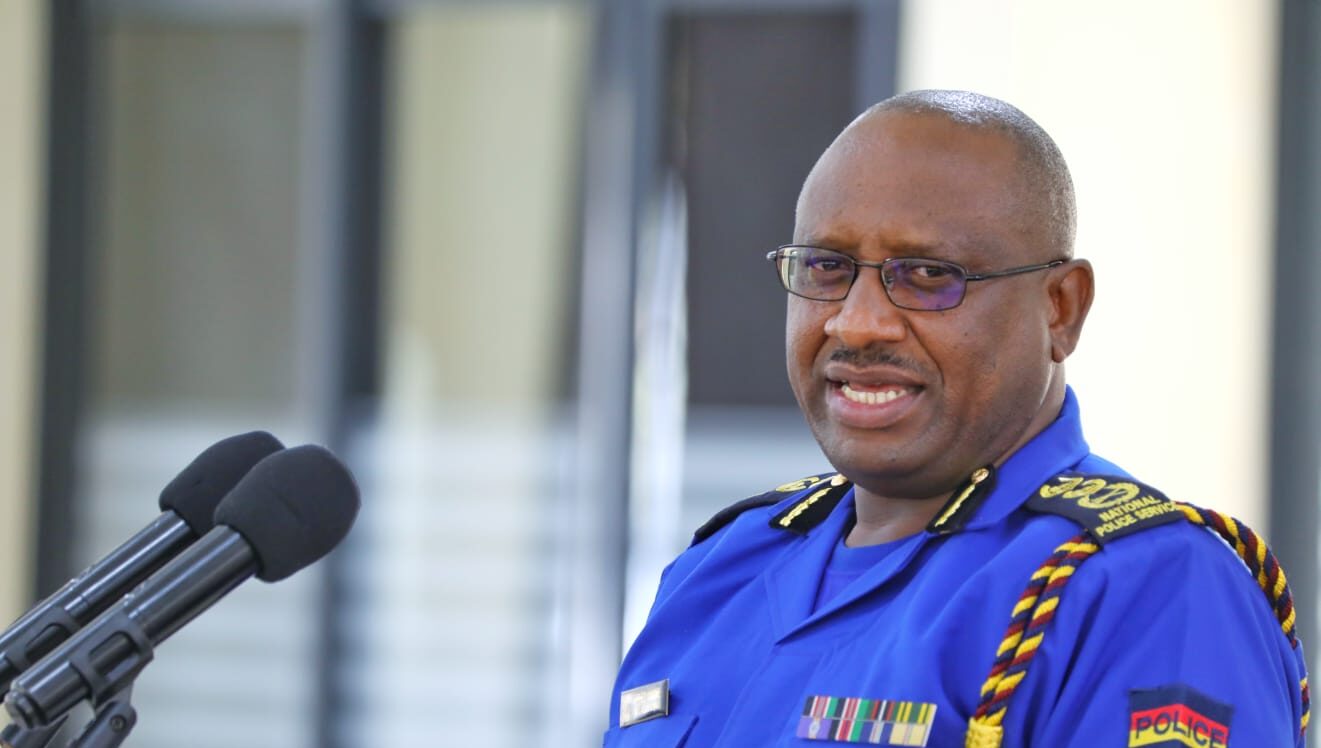The National Police Service (NPS) has implemented stringent guidelines to regulate police officers’ conduct on social media.
According to a post by the Directorate of Criminal Investigations (DCI) on Monday, June 10, these guidelines, initially published in a June 2017 gazette notice, aim to ensure that police officers maintain professionalism and integrity in their social media interactions.
Key Points of the Guidelines:
Public Commentary on Social Media
NPS has established strict standards for its personnel when using social media in a personal capacity, particularly if they identify themselves as NPS employees.
- Officers are prohibited from making official comments on social media about any incident, police policy, or procedure without prior authorization and must adhere to the media policy.
- The Police Spokesperson is designated as the official representative for the NPS on matters concerning communities, crimes, or policing.
Public Commentary as Private Citizens
NPS recognizes that police officers, as private citizens, have the right to engage in public debates and comment on social, economic, or other issues.
- Officers must ensure that their comments are strictly as private citizens and do not reference their employment with the NPS.
- Offensive posts, such as those involving racism, tribalism, or obscene content, are strictly prohibited.
Online Activity by NPS Employees
NPS mandates that officers conduct themselves honestly and uphold the values and good reputation of the police service, both on and off duty.
- Officers must clearly state if a post reflects their personal opinion and avoid content that could discredit the NPS or embarrass the government.
- Confidential documents must not be disclosed, though linking to official documents is permitted.
- Officers are advised against commenting on ongoing investigations or making derogatory remarks about the service or colleagues.
- Unauthorized sharing of confidential materials, including training videos or police notes, is restricted.
- Officers should remove any questionable material and seek guidance from senior officers if necessary.
- If contacted by the media about their social media posts, officers must consult with their superiors and the police media relations office before responding.
These measures follow an incident where a uniformed officer was filmed collecting bus fare in a video posted on his personal social media account, which sparked widespread reactions.





